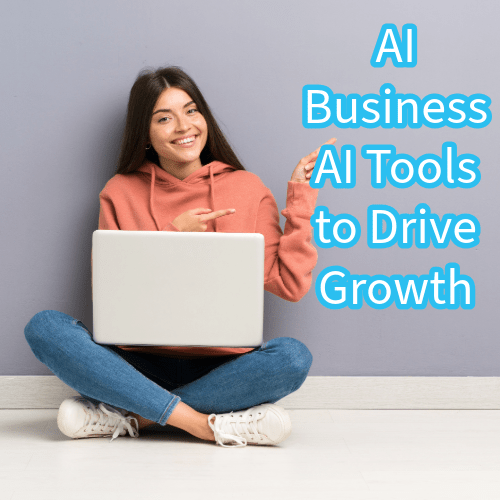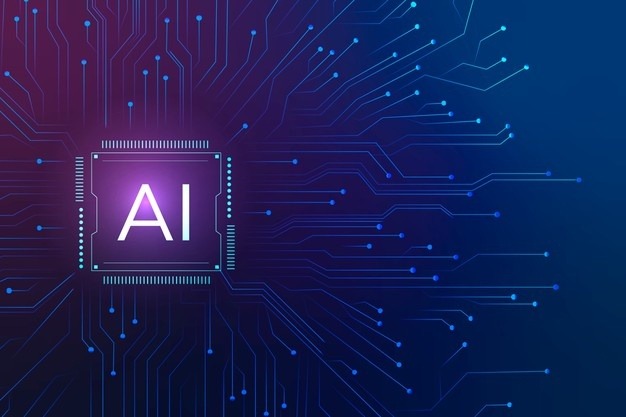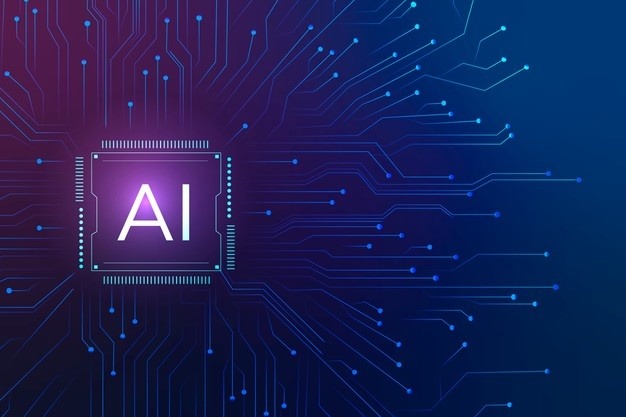
One of the most transformative applications of AI is in healthcare. AI can revolutionize patient care, diagnostics, drug development, and overall medical decision-making.
As healthcare systems around the world face rising costs, aging populations, and a shortage of medical professionals, AI offers solutions that can enhance efficiency, accuracy, and accessibility.
Here are the advantages of AI in healthcare, its current applications, and predictions for the future.
AI Healthcare – Advantages and Predictions

Advantages of AI in Healthcare
- Enhanced Diagnostics and Early Detection
AI can improve diagnostic accuracy and facilitate early detection of diseases.
AI-powered algorithms can analyze large datasets, including medical imaging, electronic health records (EHRs), and genetic information, to identify patterns that may be missed by human clinicians.
For example, AI algorithms trained on radiology images can detect tumors, fractures, and other abnormalities with high precision, sometimes outperforming human radiologists.

AI tools can detect cancers at an earlier stage when treatment can be effective. Studies have shown that AI can improve the detection rates of breast cancer in mammograms and lung cancer in CT scans, often flagging subtle anomalies that might be overlooked by doctors.
Early diagnosis leads to better therapy and can reduce the cost of long-term treatment.
- Personalized Treatment Plans
AI-driven systems can analyze vast amounts of patient data, including genetic profiles, medical history, and lifestyle factors, to develop personalized treatment plans.
Precision medicine can tailor medical treatment to the individual characteristics of each patient. AI facilitates this by sifting through massive data sets to identify the best therapeutic options for a specific patient and improving treatment efficacy.
For instance, AI algorithms can assist oncologists in selecting the most effective chemotherapy drugs based on a patient’s genetic makeup and the specific characteristics of their cancer.

This increases the chances of success and minimizes the risk of adverse effects. The ability to provide customized treatment plans means that care can be more targeted, effective, and efficient.
- Administrative Tasks
Administrative inefficiencies contribute to the high costs of healthcare. Hospitals and clinics spend time and resources on tasks like scheduling, billing, and documentation.
AI can automate many of these administrative processes, allowing healthcare professionals to focus more on patient care.
AI-powered tools can manage appointment scheduling by analyzing patient preferences and physician availability, reducing the chances of no-shows, and optimizing the use of resources.
Similarly, natural language processing (NLP) algorithms can transcribe and summarize doctor-patient interactions, reducing the burden of documentation and minimizing errors in patient records.
These streamlined processes save time and enhance the accuracy and consistency of administrative tasks.

- Drug Discovery and Development
AI can transform the pharmaceutical industry by accelerating drug discovery and development. Traditionally, the process of bringing a new drug to market can take over a decade and cost billions of dollars.
AI can reduce the time and cost involved in this process.
By analyzing biological data and simulating drug interactions, AI systems can identify potential drug candidates more quickly than traditional methods.
Machine learning algorithms can predict how a new compound will interact with the human body, allowing researchers to focus on the most promising candidates.
This can reduce the number of failed drug trials and accelerate clinical testing.

Moreover, AI can assist in repurposing existing drugs for new diseases by identifying compounds that may work against conditions for which they were not designed.
This was demonstrated during the COVID-19 pandemic, where AI was used to search for potential treatments by analyzing the effects of existing drugs on the virus.
- Improved Patient Monitoring and Care
The rise of wearable technology and remote monitoring devices has made it easier to track patients’ health in real time.
AI can analyze the data generated by these devices and alert healthcare providers to potential issues before they become critical.
For example, AI algorithms can monitor heart rate, blood pressure, and oxygen levels in patients with chronic conditions, detecting anomalies that may indicate a worsening of the condition.

This allows for earlier intervention, potentially preventing hospitalizations and improving the patient’s quality of life.
AI-driven remote monitoring also enables healthcare providers to manage patients from a distance, which is useful in underserved areas where access to medical facilities may be limited.
Current Applications of AI in Healthcare
AI is already used in many aspects of healthcare, from diagnostic tools to hospital management systems.
Medical Imaging
AI algorithms are used to enhance the accuracy of medical imaging. For instance, Google’s DeepMind has developed an AI system that can analyze eye scans for signs of diseases like diabetic retinopathy and age-related macular degeneration.
Other AI tools are used to detect abnormalities in MRI, CT, and X-ray images.

Virtual Health Assistants
Chatbots and virtual assistants powered by AI are being used to provide patients with medical information, remind them to take their medications, and help them manage chronic conditions.
These systems can answer basic health-related questions and direct patients to the appropriate care when needed.
Robotic Surgery
AI-assisted robotic systems are being used to perform invasive surgeries with greater precision. These systems can analyze patient data and guide surgeons in real time, reducing the risk of human error and improving surgical outcomes.

Predictions for the Future of AI in Healthcare
Here are some predictions for how AI will shape the future of medicine
- AI-Driven Personalized Medicine
AI will increase personalized treatment plans tailored to each patient’s unique genetic makeup, lifestyle, and medical history.
AI will analyze complex data sets to provide clinicians with insights into the most effective treatments for individual patients.
This will lead to better outcomes, fewer side effects, and more cost-effective healthcare.

- AI-Powered Virtual Healthcare
The COVID-19 pandemic accelerated the adoption of telemedicine, and this trend is expected to continue.
AI-driven virtual healthcare platforms will become more sophisticated, providing patients with access to medical expertise from the comfort of their homes.
Virtual health assistants will become more advanced, and capable of diagnosing and managing chronic conditions without the need for in-person consultations.
- AI in Genomics and Biotechnology
AI can understand the human genome and develop new therapies for genetic disorders. AI-powered tools will help researchers identify genetic mutations linked to diseases and design targeted treatments that address the root cause of these conditions.

- AI for Predictive Healthcare
Predictive analytics powered by AI will allow healthcare providers to anticipate and prevent health issues before they become serious.
By analyzing data from wearable devices, electronic health records, and other sources, AI systems will be able to predict the onset of diseases like heart attacks, strokes, and diabetes.
This will lead to earlier interventions, reducing the need for costly and invasive treatments.
AI will revolutionize healthcare, bringing numerous benefits and advantages.

Integrating AI into healthcare systems can save lives, reduce costs, and improve the quality of care for millions of people worldwide.
However, ensuring that AI is used responsibly and equitably in healthcare is essential.
AI Tools for You










































